SSL, search engine optimisation — these may all sound like jargon. But when you’re trying to grow your business online, you’ll need these two factors to amplify your brand and turn your website into a conversion machine.
Most new website owners see SSL and SEO as opposite sides of the spectrum. While SSL, as its name implies, enhances your website security, SEO focuses on optimising your website for users and search engines.
While they’re technically two different things, they impact each other in more ways than you think. Keep reading to learn how a feature-rich SSL certificate helps you boost your search rankings.
 Photo by Myriam Jessier via Unsplash
Photo by Myriam Jessier via Unsplash
But First: What Is SSL, Anyway?
SSL, which is an abbreviation for Secure Sockets Layer, safeguards sensitive data that are sent between two systems. This could be data sent between a server and a client or a server and another server.
A common example is when you visit a shopping website. That padlock you see next to the website URL indicates that the site has an SSL certificate installed. It’s basically a symbol of trust — telling you, the user, that it’s safe to input your data on this site.
When looking for an SSL certificate for your website, you should understand the different authentication types and see if it meets your business requirements:
- Domain Validation (DV) SSL certificates provide the most affordable industry-standard encryption. In addition, they’re the easiest to install (literally minutes!) because they only require a one-step domain verification process.
DV SSL certificates are best for blogs and personal websites. - Organisation Valid (OV) SSL certificates are an upgrade from DV SSL. They require extra validation steps to obtain them and are issued to registered organisations only.
- Extended Validation (EV) SSL certificates communicate the highest level of trust to users.
Like OV SSL, obtaining an EV SSL certificate requires extra steps to validate your identity. Out of all the certificates on the list, EV SSL works best for websites that handle online transactions and user logins.
SSL prevents criminals from accessing the information transferred from your browser to the server. But it also does more than encrypting payment details, SSL encrypts personal information like a user’s address and contact details as well.
That said, SSL is a great investment for website owners, especially when you’re running an online store.

Which SSL Certificate Works for My Website?
To come up with a sound decision, you’ll need to evaluate your business objectives.
The first and probably most important reason is that you want to ensure website security. While you technically can operate online without an SSL certificate, you’ll need to decide if it’s worth risking your confidential data and business reputation.
Hopefully, as a website owner, you have this reason as a top priority!
Next, you’ll need to analyse your business setup. Do you have multiple domains that would need SSL? Also, what kind of website are you running — is it a personal website or an online store?
Once you’ve decided, make a list of online solution providers that offer SSL. Most web hosting providers have SSL included in their hosting packages.
Of course, you’ll need to check on the provider’s reviews and the after-sales support it provides as well.

3 Ways SSL Affects Your Website’s SEO
Now that you know how SSL works and the different authentication types, it’s good to understand how its benefits go beyond website security.
While it doesn’t magically send your website on the first page of search engines, having SSL installed is beneficial to your website’s SEO score in many ways.
Search engines look at multiple ranking factors before deciding where a website appears in the search results.
Aside from major ranking factors like keyword relevance and speed, search engines like Google prioritise a web page’s security and accessibility too.
With security being at the very core of SSL, having it installed on your website directly impacts your website’s rankings.
Below, we’ll explore this in detail.
1. Google mandates websites to equip SSL
If there’s one thing to know about Google it’s that they’ll always prioritise their users over anything else. So it should come as no surprise that every update Google rolls out centres on improving user experience.
In 2018, Google announced that they were imposing warnings to website users whenever they open an unsecured site. Now, Google Chrome users see a “Not Secure” or “Dangerous” warning whenever they visit web pages loading over HTTP.
The bold, red text is enough to leave a negative impact on websites that fail to comply. It also spells bad news for businesses without SSL certificates as they instantly lose valuable web traffic.
So, what exactly is HTTP? And what does SSL have to do with it?
In a nutshell, HTTP (or Hypertext Transfer Protocol) is a protocol used to transfer data over a network. This could apply to all sorts of data over the internet, including text, media, and other files that load on your website.
A website equipped with SSL loads over HTTPS instead of HTTP. This means all the data that gets transferred to and from your website are encrypted.
As a website owner yourself, the last thing you’d want is to get flagged by the world’s largest search engine. So before you even hit that publish button on your website, make sure you’ve got SSL installed.
2. SSL helps you improve user experience
In case you didn’t know, SEO is more than just rankings and conversions. At its very core, SEO is about optimising the user experience to build traffic and conversions.
So say your unencrypted website continues to appear on search engines thanks to a great keyword strategy done on your end.
People click on your link but leave immediately once they see a warning, thus increasing your website’s bounce rates.
From here, it creates a ripple effect. With your bounce rates noticeably high, Google’s algorithm automatically demotes your website in search results.
3. You build trust and ultimately, conversions
By stamping visual indicators on websites without SSL, Google builds awareness about safe browsing among its users. And an unencrypted website is anything but safe.
So give website visitors (and search engines!) that sign that your website is verified and safe from hackers. This way, you provide them with a good reason to browse through and even purchase whatever you’re offering. You also gain a leg up against competitors who have yet to install SSL on their websites.

Install an SSL Certificate for Your Website Today
When it comes to collecting customer data online, only trust the highest-level SSL certificates.
CLDY, Singapore’s fastest-growing hosting provider, provides high-assurance SSL certificates for various industries — including IT companies, digital marketing agencies, retail, real estate, and more. Looking forward to hearing from you!









